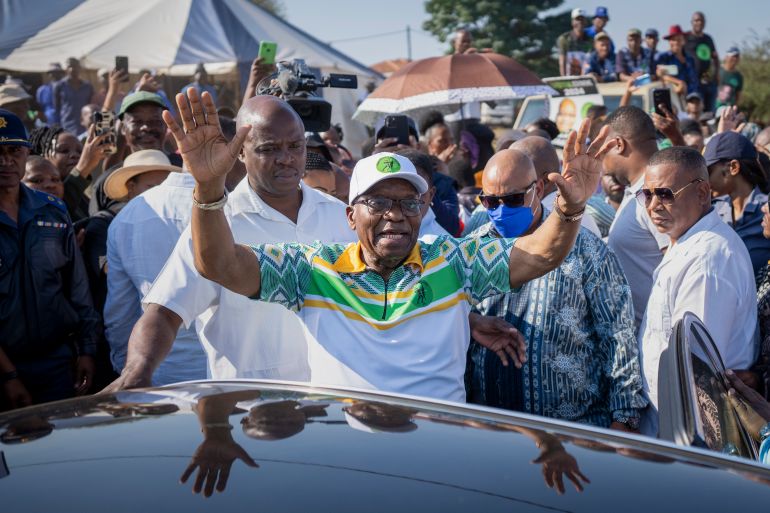South Africa Enters New Political Era as ANC Loses Parliamentary Majority
By Boniface Ihiasota, USA
The African National Congress (ANC) has lost its parliamentary majority for the first time since the end of apartheid, marking a significant shift in South Africa’s political landscape, Excel Magazine International can report.
With over 99 percent of votes counted as of Saturday, the ANC had garnered nearly 40 percent in Wednesday’s election.
This is a notable drop from the majority it has held since the landmark all-race vote in 1994, which ended apartheid and brought the ANC to power under Nelson Mandela.
The main opposition party, the Democratic Alliance (DA), secured 21.63 percent of the vote.
uMkhonto we Sizwe (MK), a new party led by former president and ANC leader Jacob Zuma, captured 14.71 percent, drawing significant support away from the ANC.
Opposition parties have celebrated the results as a breakthrough for a nation grappling with deep poverty and inequality. Despite this, the ANC remains the largest party in parliament.
“The way to rescue South Africa is to break the ANC’s majority and we have done that,” said John Steenhuisen, leader of the Democratic Alliance.
The final results are pending formal declaration by the Independent Electoral Commission, but the ANC’s inability to surpass the 50 percent mark is clear.
Reporting from the Results Operation Centre in Midrand, South Africa, Al Jazeera’s Mike Hanna highlighted the ANC’s challenge in forming a new government. “The ANC has to find a partner in order to govern. Otherwise, it could attempt to form a minority government, which would make it very difficult to pass any legislation or advance ANC policies,” he said.
Gwede Mantashe, the ANC chair and current mines and energy minister, commented on the possibility of coalition talks: “We can talk to everybody and anybody,” he told reporters, dodging questions about specific coalition partners.
The distribution of votes among political parties will determine their seats in the National Assembly, which elects the president.
President Cyril Ramaphosa could theoretically retain his position, as the ANC is projected to secure about twice as many votes as the next party.
However, his leadership could be significantly weakened, and he may face calls to resign from both opposition parties and critics within the ANC.
Despite this, a senior ANC official expressed support for Ramaphosa’s continued leadership, and analysts suggest he lacks a clear successor.
A potential coalition to keep the ANC in the presidency might involve concessions to opposition parties, such as cabinet posts or greater parliamentary control, possibly including the role of speaker.
The Independent Electoral Commission is expected to announce the final results on Sunday.










